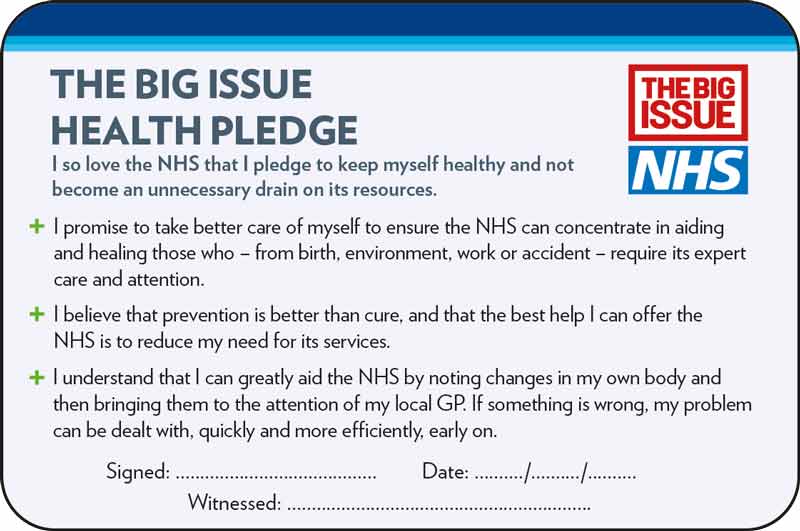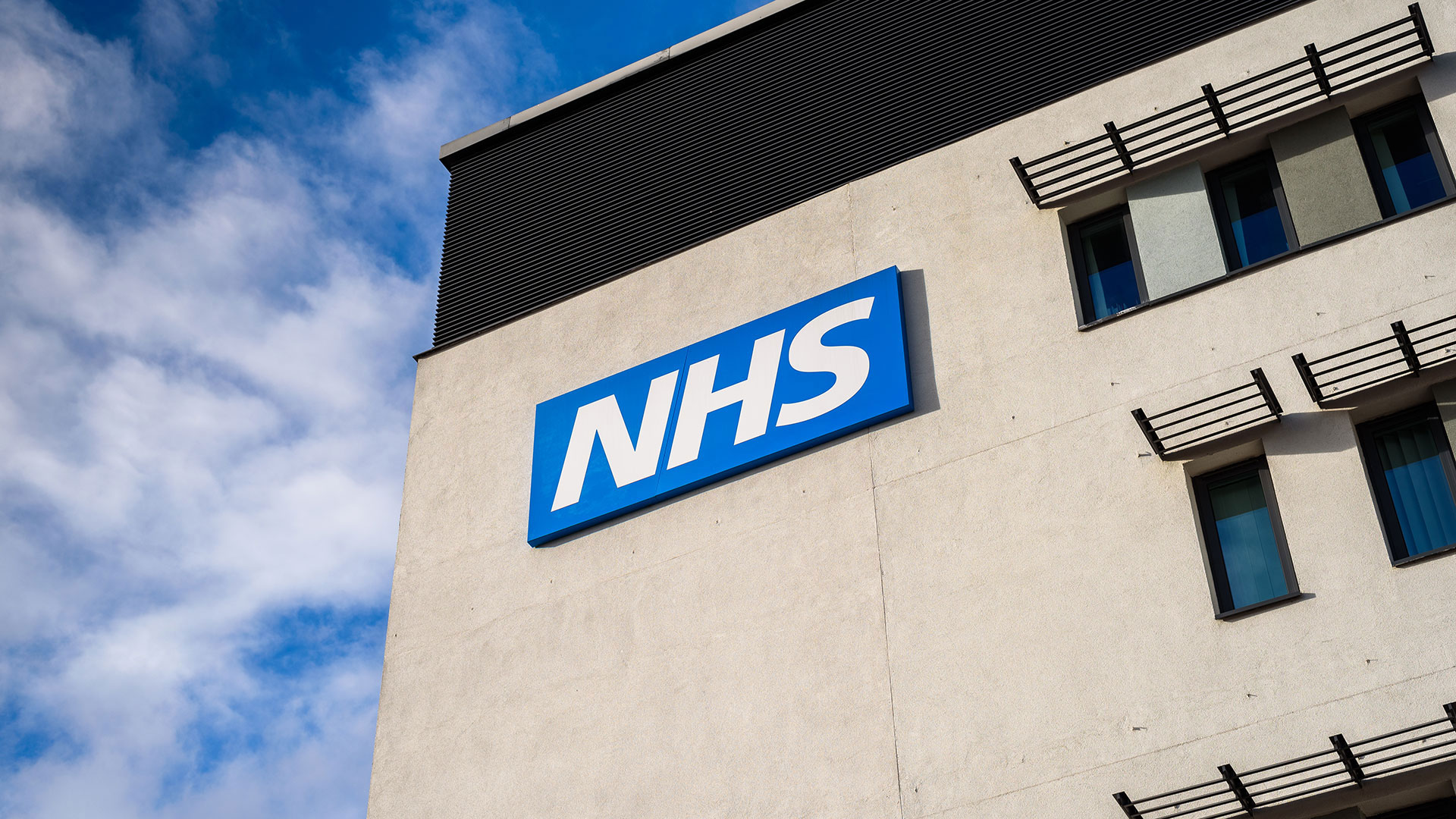I note that the NHS is largely run by healthy people. That does not mean to say you don’t encounter, on rare occasions, obese doctors, nurses or ambulance drivers. Or heavy smoking surgeons. Or coke-guzzling (of both kinds) junior doctors. Or heavy drinking radiologists. But largely, you might say – aside from those visiting the sick – when you meet a healthy person in a hospital, they’ll work for the NHS.
So hospitals, we could say, are about the healthy administering to the unhealthy. Is there a lesson to be learned in this observation? And could we find a way of getting the unhealthy to learn something from the healthy NHS worker, other than more bed rest, more pills or following the medical or surgical regime proffered by the NHS?

But life’s like that, isn’t it? You go to an estate agent to find a house from someone who presumably already has a house of their own. Homeless organisations aren’t run by people without homes, nor do police officers go around robbing you blind whilst you watch Coronation Street on the telly. Rather, they provide you with an answer. In the same way that an estate agent gets you the house you want, and the homeless group, the home you want. And the sandwich bar the sandwich you want, and the bus driver, the journey you want.
Prevention should be at the heart of the @NHS, let's bring it out of #NHScrisis mode https://t.co/ZDsTvWyXHL
— John Bird (@johnbirdswords) January 3, 2018
So why should the NHS be any different to other service providers? You’re ill, so therefore you go to the source of the cure. And the source of the cure is the NHS.
But there’s a slight difference. Desiring somewhere to live, something to eat, or a way of being conveyed to a place you couldn’t walk to (in a reasonable amount of time) are essential services. You’ll always need them, because you’ll always be wanting somewhere to live, and to eat, and ways to travel. But you only need the NHS, the cure, when you’re ill.






